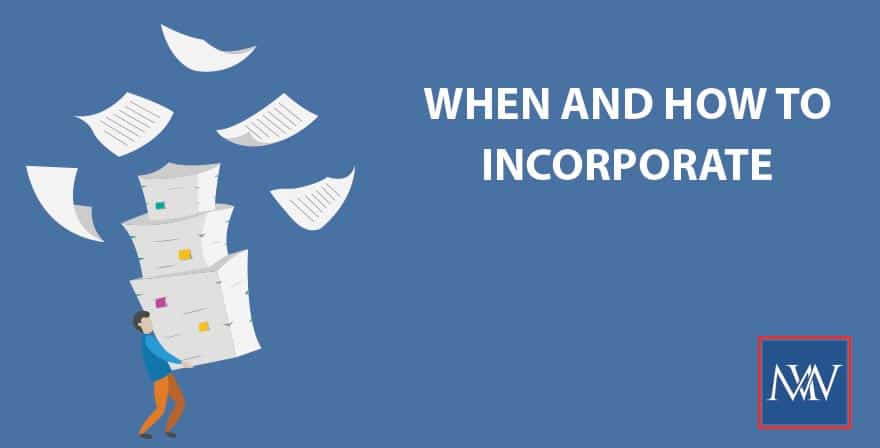
When and how to incorporate (Corporation Tax)
Over the last decade, corporation tax rates for most companies – irrespective of size – have fluctuated between 19% and 21%. The main rate of corporation tax is expected to be cut to 17% from April 2020.
Current corporation tax rates are still pretty favourable and are indeed generally lower than those paid by many individuals. In addition, there are other areas where company formation may help save tax. Although the costs and regulations involved with running a company are usually greater than trading as a sole trader or in partnership, and more administration is generally needed, using a company as a vehicle through which to trade remains a popular choice.
The starting point for dealing with companies and company directors is to remember that a limited company exists in its own right, which means that the company’s finances are separate from the personal finances of the company owners. Strict laws mean that the shareholders cannot simply take money out of the company whenever they feel like it.
When to incorporate
The question of whether to incorporate commonly arises as a business expands – the limited liability status that company formation provides is often needed to start winning contracts with bigger companies. However, incorporating may not be such a good deal in the early days of trade, or if there is no intention to grow beyond the status of a solely owned business. This may be particularly relevant if losses are envisaged in the early years of trading – for sole traders and partnerships, it is possible to carry back losses made in the first four years and offset them, where applicable, against personal income of the three preceding years. This often results in a substantial refund of tax becoming due and may offer a much-needed cash boost to the business.
How to incorporate
Firstly, the company must choose a name, which cannot be the same as another registered company’s name. If it is too similar to another company’s name or trademark it may have to be changed.
The company must have at least one director who is a natural person, and a public company must have at least two directors. A private company need not appoint a company secretary, although in practice many choose to do so.
There must be at least one shareholder or guarantor, who can also be a director.
The company will need to prepare a ‘memorandum of association’ and ‘articles of association’, as provided for by Companies Act 2006. Broadly, these documents set out how the company will be run.
Private limited companies are also required to maintain a register of those persons who have significant control of the company – known as a ‘PSC Register’. The function of the Register is to increase corporate transparency for the purpose of combating tax evasion, money laundering and terrorist financing.
The company must register with HMRC for corporation tax and PAYE as an employer at the same time as registering with Companies House. This must be done within three months of starting to do business. The company may also be required to register for VAT if it meets the registration criteria.
Although there are disadvantages to incorporating a business, the lower tax rates and other reliefs currently on offer still make it an attractive proposition. Some advantages worth considering include:
- ability to pay dividends to shareholders, which may, in turn, reduce liability to National Insurance Contributions (NICs)
- flexible succession planning, particularly for inheritance tax purposes
- great investment opportunities, for example, the potential to raise money through tax-efficient schemes such as the Enterprise Investment Scheme (EIS)
- limited liability status for shareholders, although directors may be asked to give personal guarantees of loans to the company and may still be held liable for the debts of a company
- potential increased saleability
Business owners are recommended to evaluate the advantages of incorporation on an on-going basis.
For more detail Book a Free Consultation
Need Accountancy Support?
For information on bespoke training, or if you have any other questions for Makesworth Accountant, please fill in your details below
















 151
151